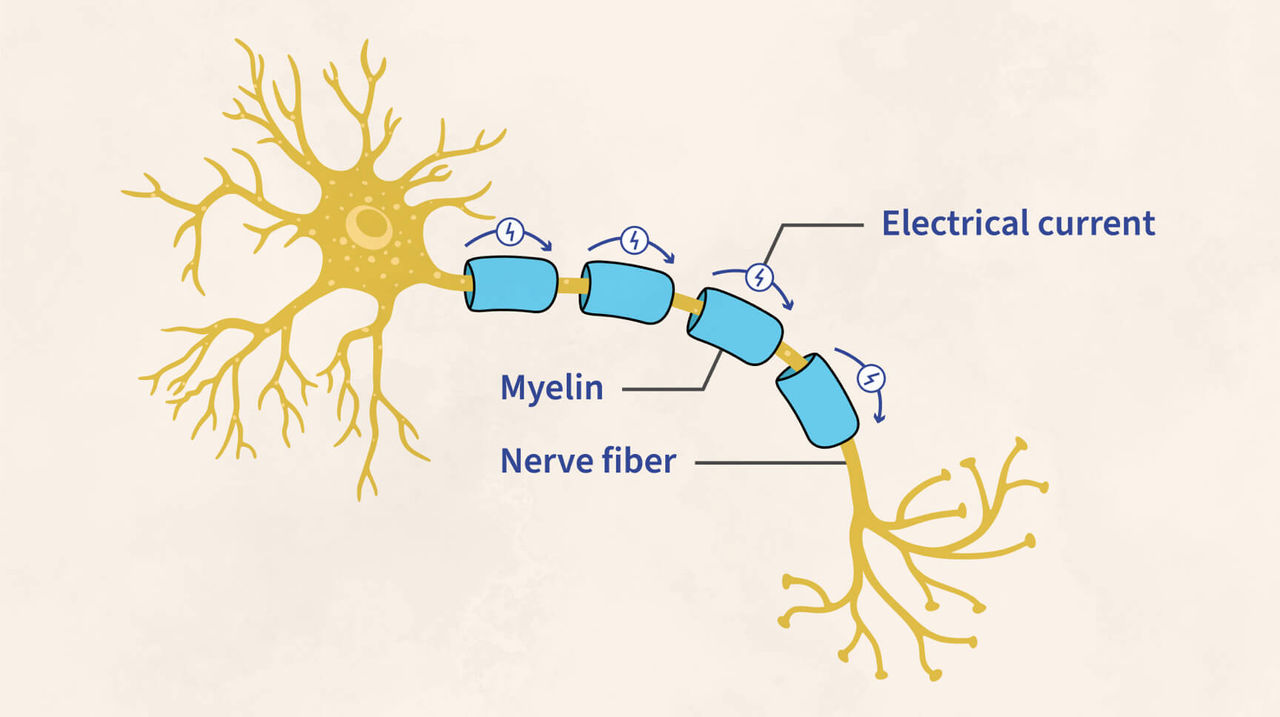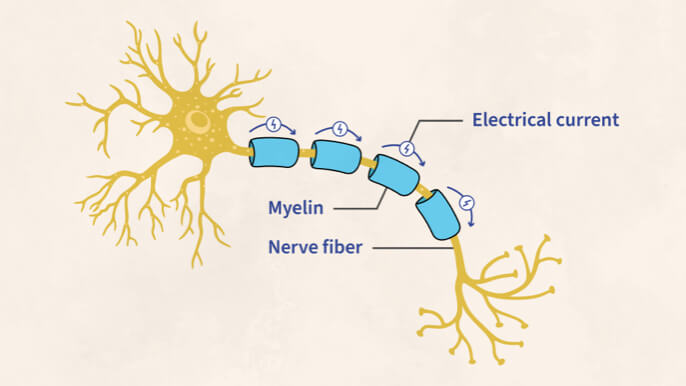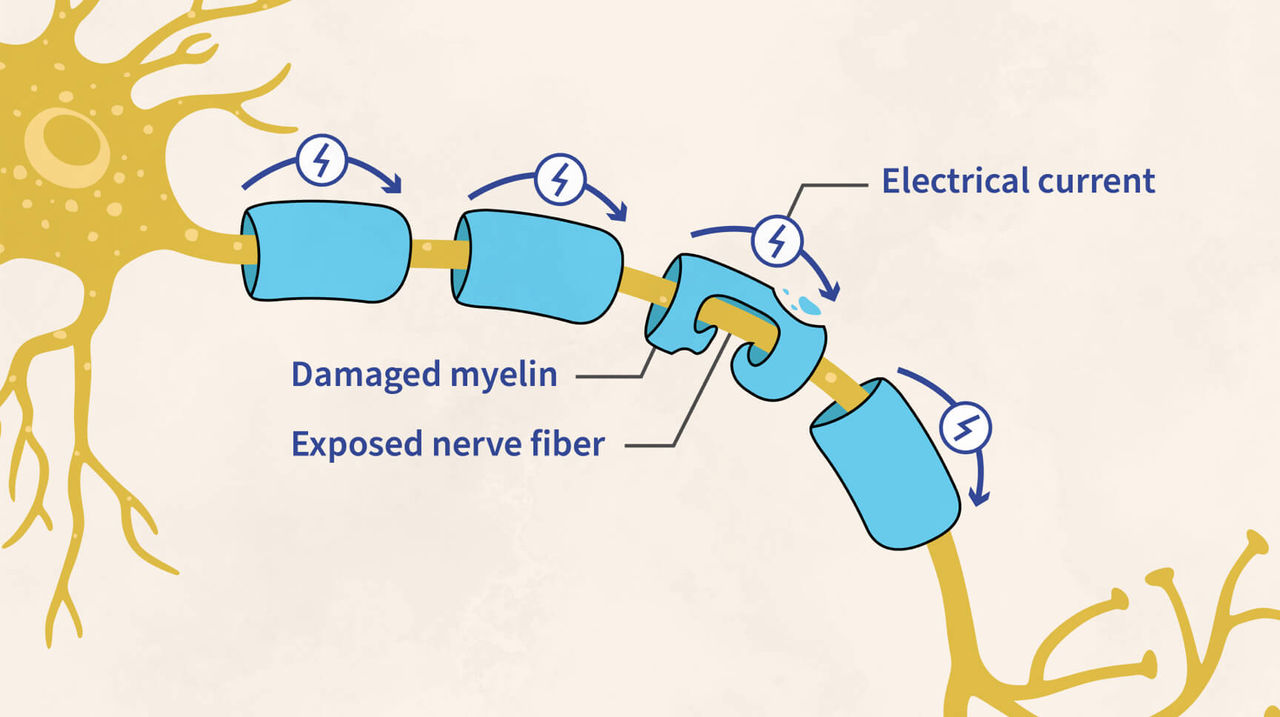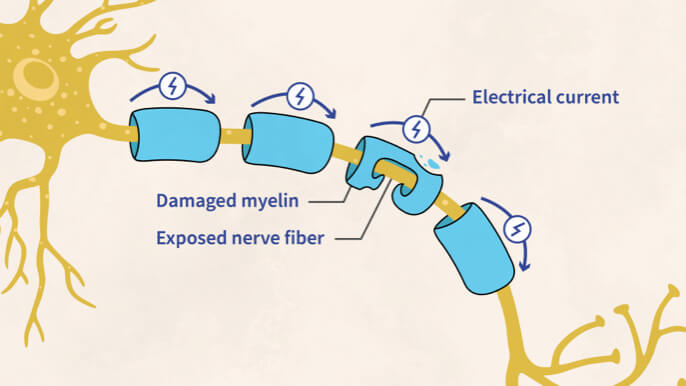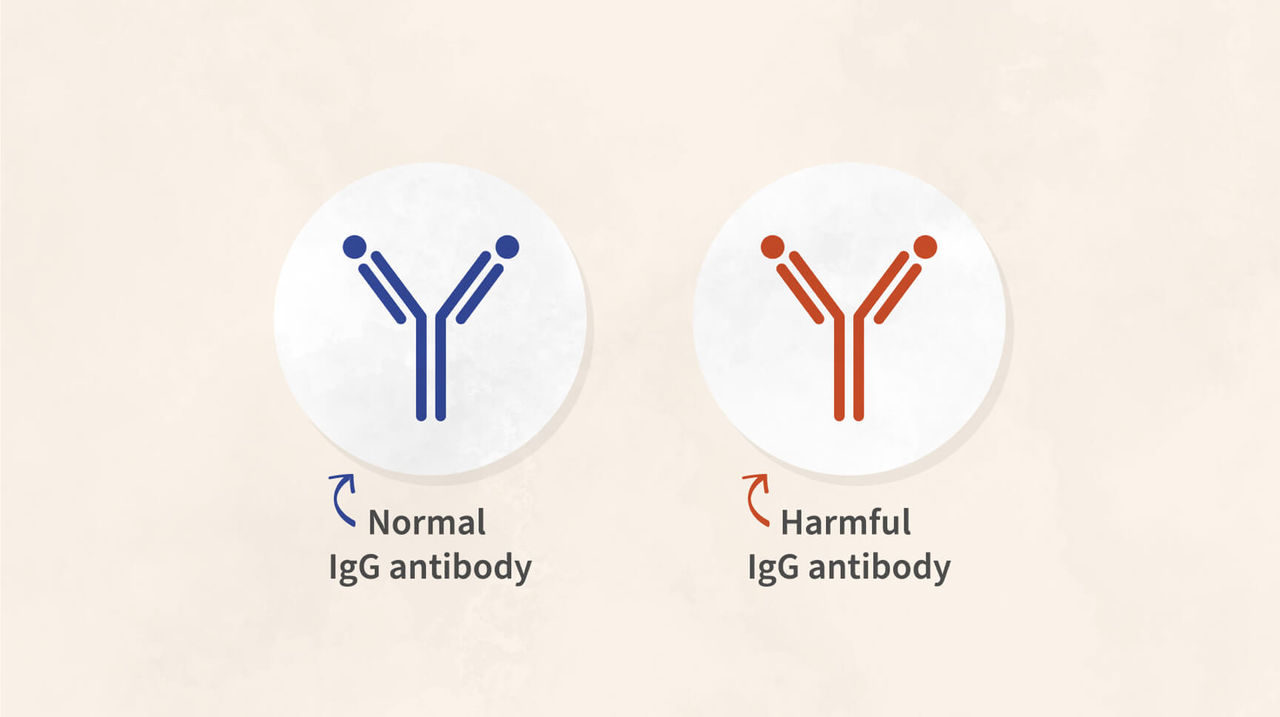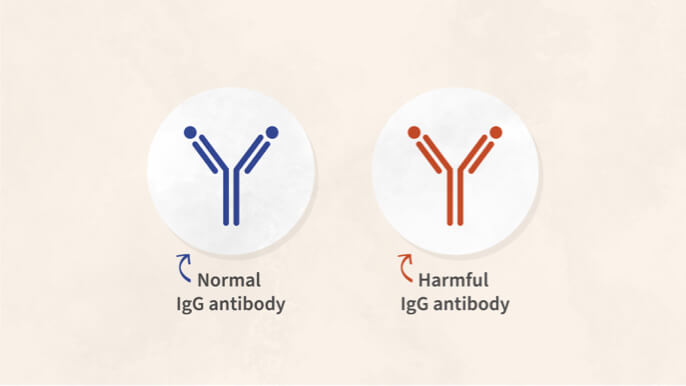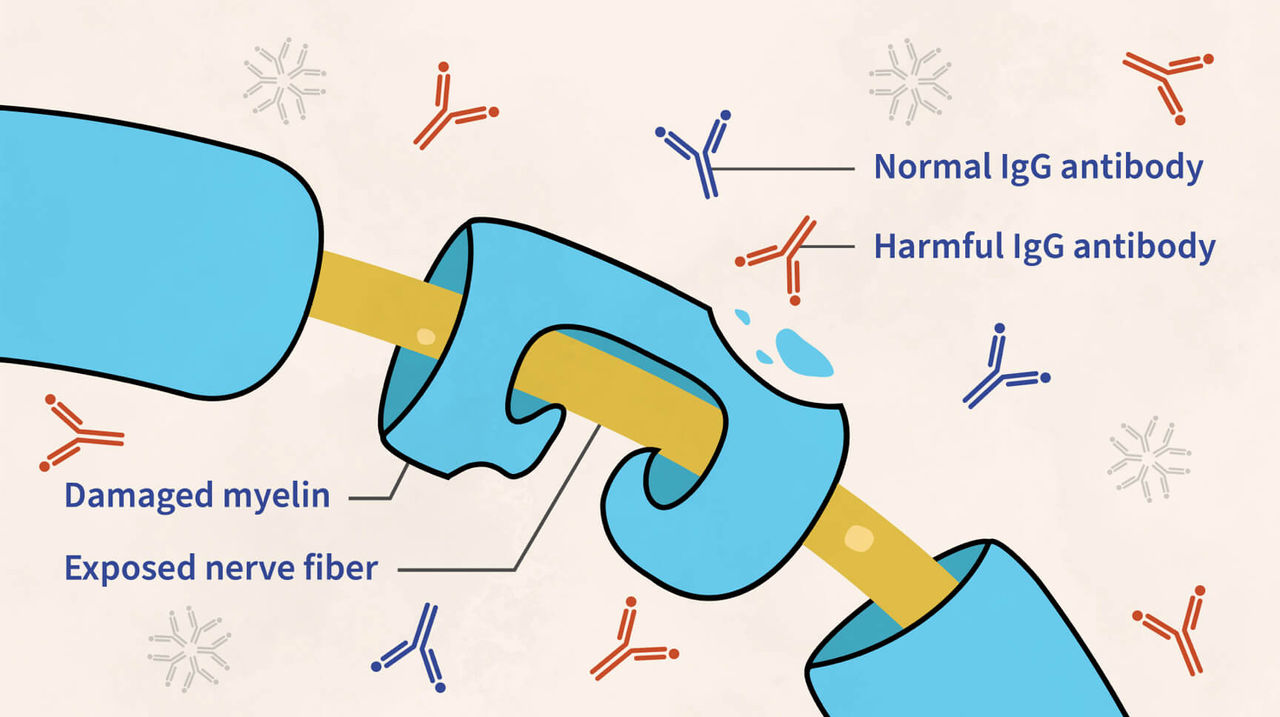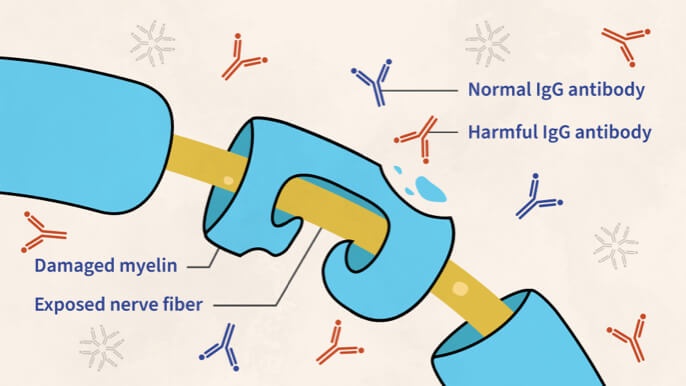CIDP (chronic inflammatory demyelinating polyneuropathy) is a rare autoimmune condition that affects people differently, causing weakness and numbness in the arms and legs. Autoimmune conditions happen when the immune system mistakenly attacks the body’s own cells and tissues.
What’s going on with me and CIDP?
Watch this video that helps explain how CIDP works within the body, signs and symptoms, how to explain it to others, and how caregivers can help support their loved ones.
Types of CIDP
There are different types of CIDP, each with varying symptoms, all related to changes in the arms and legs. These types include:
- Typical CIDP: symmetrical muscle weakness and sensory loss, affecting both the arms and legs
- Distal CIDP: muscle weakness and sensory loss primarily in the legs
- Multifocal CIDP: muscle weakness and sensory loss asymmetrically affecting primarily the arms
- Focal CIDP: muscle weakness and sensory loss in only one arm or leg
- Motor CIDP: muscle weakness without sensory symptoms
- Sensory CIDP: sensory loss without motor symptoms
Possible signs and symptoms of CIDP include:
- Tingling or numbness in the arms and legs
- Weakness of the arms and legs
- Burning pain
- Difficulty lifting objects
- Difficulty walking
- Loss of balance
- Fatigue
For some, CIDP continuously worsens over time, while others have symptoms that stabilize and relapse, or some experience a CIDP episode that lasts 1 to 3 years and then does not return.
CIDP has many symptoms, so this easy-to-use discussion guide is aimed to help you track your symptoms and abilities to have a more productive conversation with your doctor.
Goals for people diagnosed with CIDP are to reduce symptoms, improve functional ability, and maintain long-term remission, if possible. It’s important to talk to your doctor about your goals and treatment plans.
Nerve cells without CIDP
In the nervous system, nerve cells (neurons) are responsible for sending messages to and from the brain using electrical currents. Healthy neurons in the nervous system are coated with a fat and protein called myelin. Myelin acts as an insulator and allows electrical currents to travel quickly and smoothly from one neuron to the next.
Nerve cells with CIDP
With CIDP, the myelin is damaged over time. This means the messages sent to and from the brain may get lost along the way or take longer to reach their destination, which may cause weakness or loss of feeling in the arms and/or legs.
How myelin is damaged in people with CIDP
Although the cause of CIDP is not fully understood, some studies have shown that with CIDP, the body accidentally creates harmful antibodies, including harmful IgG (immunoglobulin G) antibodies. In people with CIDP, these harmful antibodies may play a role in damaging the myelin coating of the neurons in the peripheral nervous system—the part of the nervous system responsible for messages from your brain and spinal cord to your arms and legs. CIDP symptoms occur because the communication to and from the brain is lost or slowed due to damage to the myelin coating.
In someone without CIDP, IgG antibodies do not attack myelin. Instead, they play a role in protecting the immune system, which, in turn, helps protect the body from disease.
Fast facts
- CIDP is not genetic (inherited), and it’s not contagious
- CIDP affects people of many ages and races, but it is more common in men between the ages of 40 and 60
- CIDP is a rare disease that affects an estimated 34,000 Americans
CIDP glossary
When it comes to having CIDP, knowledge really is power. Here are a few medical terms that people living with CIDP or supporting someone with CIDP may find helpful.
- Autoimmune condition: the immune system mistakenly attacks the body’s own cells and tissues
- Relapse: the return or worsening of symptoms that follow a period of improvement
- Peripheral nervous system: a system of nerves that delivers messages from your brain and spinal cord to your organs, arms, and legs
- Neuron: a nerve cell
- Myelin: the protective layer that surrounds the neuron and that acts as an insulator to keep the electrical messages within the neuron
- Harmful IgG antibody: a harmful antibody that may play a role in damaging the myelin in the peripheral nervous system of people with CIDP





